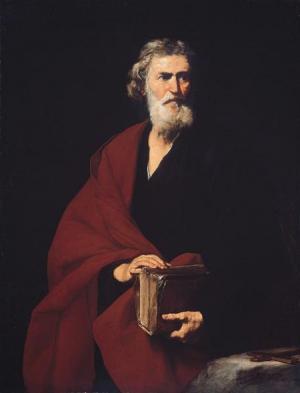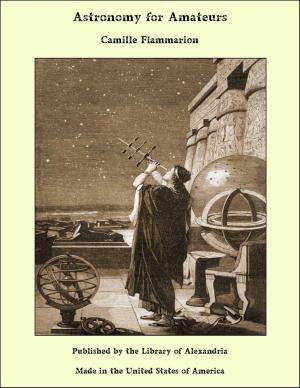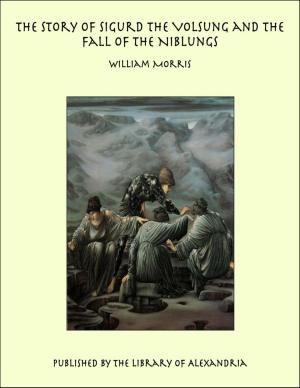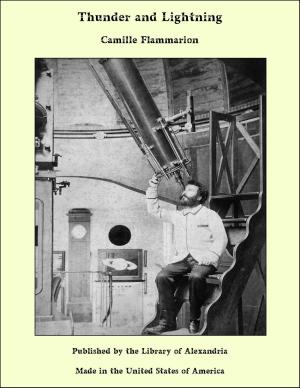Koningsmarke, the Long Finne (Complete)
Nonfiction, Religion & Spirituality, New Age, History, Fiction & Literature| Author: | James Kirke Paulding | ISBN: | 9781465530080 |
| Publisher: | Library of Alexandria | Publication: | March 8, 2015 |
| Imprint: | Language: | English |
| Author: | James Kirke Paulding |
| ISBN: | 9781465530080 |
| Publisher: | Library of Alexandria |
| Publication: | March 8, 2015 |
| Imprint: | |
| Language: | English |
In order that our readers and ourselves may at once come to a proper understanding, we will confess, without any circumlocution, that we sat down to write this history before we had thought of any regular plan, or arranged the incidents, being fully convinced that an author who trusts to his own genius, like a modern saint who relies solely on his faith, will never be left in the lurch. another principle of ours, which we have seen fully exemplified in the very great success of certain popular works, advertised for publication before they were begun to be written, is, that it is much better for an author to commence his work, without knowing how it is to end, than to hamper himself with a regular plot, a succession of prepared incidents, and a premeditated catastrophe. This we hold to be an error little less, than to tie the legs of a dancing master, to make him caper the more gracefully, or pinion a man’s arms behind his back, as a preparative to a boxing match. In short, it is taking away, by a sort of literary felo de se, all that free will, that perfect liberty of imagination and invention, which causes us writers to curvet so gracefully in the fertile fields of historical fiction. another sore obstacle in the way of the free exercise of genius, is for a writer of historical novels, such as we have reason to suspect this will turn out to be, to embarrass his invention by an abject submission to chronology, or confine himself only to the introduction of such characters and incidents as really existed or took place within the limits of time and space comprised in the groundwork of his story
In order that our readers and ourselves may at once come to a proper understanding, we will confess, without any circumlocution, that we sat down to write this history before we had thought of any regular plan, or arranged the incidents, being fully convinced that an author who trusts to his own genius, like a modern saint who relies solely on his faith, will never be left in the lurch. another principle of ours, which we have seen fully exemplified in the very great success of certain popular works, advertised for publication before they were begun to be written, is, that it is much better for an author to commence his work, without knowing how it is to end, than to hamper himself with a regular plot, a succession of prepared incidents, and a premeditated catastrophe. This we hold to be an error little less, than to tie the legs of a dancing master, to make him caper the more gracefully, or pinion a man’s arms behind his back, as a preparative to a boxing match. In short, it is taking away, by a sort of literary felo de se, all that free will, that perfect liberty of imagination and invention, which causes us writers to curvet so gracefully in the fertile fields of historical fiction. another sore obstacle in the way of the free exercise of genius, is for a writer of historical novels, such as we have reason to suspect this will turn out to be, to embarrass his invention by an abject submission to chronology, or confine himself only to the introduction of such characters and incidents as really existed or took place within the limits of time and space comprised in the groundwork of his story















